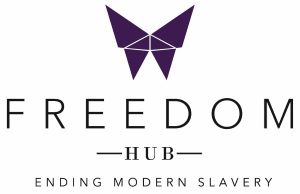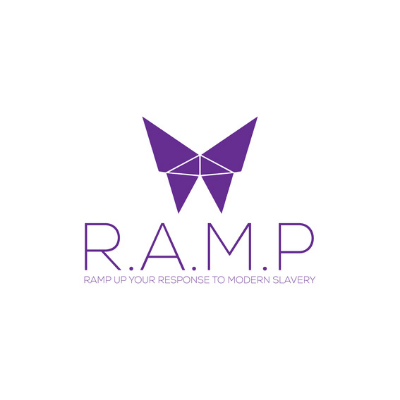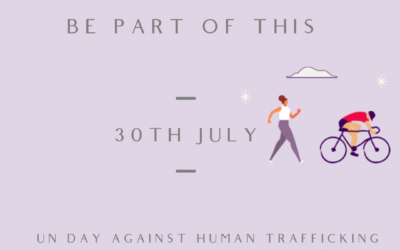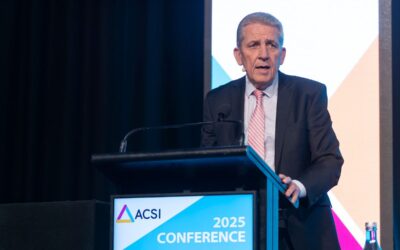In a progressive milestone for human rights, for the first time in Australia, thousands of entities have submitted their first modern slavery statement in response to the Modern Slavery Act 2018 (Cth), beginning the significant process of stamping out slavery practices and human rights abuses in their supply chain.
For companies, the accountability for the delivery of the statements rested with their boards. Boards would need to take responsibility for the entirety of their supply chain, identify the greatest slavery risks, and work to control these. Once satisfied, the board would approve, and the director would sign off.
Director accountability for non-financial risks is nothing new, and investors and stakeholders are increasingly pushing companies to manage and deliver on Environment, Social and Governance (ESG) criteria. With the enactment of the Act, representing a push for zero tolerance of modern slavery by the Australian public, modern slavery has become a significant part of ESG, spotlighted in our collective consciousness.
The First Modern Slavery Statements: Some Downsides
So, how did corporations fare in producing their first modern slavery statements?
Well, according to a review of the ASX300’s modern slavery statements by the Monash Centre for Financial Studies (MCFS) – not too well. Over a third of statements (36%) received a very poor score in compliance with the Act. That is quite a large number of very poor-quality statements.
What characterised poor statements?
A whole range of things, according to the MCFS. From poor descriptions of supply chains, very general or vague discussions of modern slavery risks without specifying risks relevant to the firm, and apparent lack of understanding of available resources and tools to learn of the relevant risks.
An example: while the Act required reporting entities to critically include information about how they were to remedy instances of modern slavery cropping up in their dealings, only 51% of statements described remediation processes, and even then, many descriptions lacked details and substance.
A Concerning Trend: The Race to the Middle
A lot of the poorer quality reports can be understood as simply inexperience – this is, in fairness, the first modern slavery statement for many entities. However, the Australian Council of Superannuation Investors (ACSI) identified a concerning trend toward a “race to the middle” in their review of the statements— that is, companies engaging in mere compliance to meet minimum regulatory requirements.
It simply cannot become the benchmark of modern slavery statements: certainly, should superficial compliance with the Act, or simply “box-checking” be cemented as the standard for compliance, the spirit and intendment of the Act, to practically combat modern slavery, will recede us, and we are worse off for it.
In a report to the government entitled “Paper Promises,” it was remarked that “many company statements remain mere ‘paper promises’, with little evidence of effective action in areas most likely to improve conditions for workers.”
Where to from here? Only Up.
Boards tasked with approving and overseeing the implementation and review of these policies must now, more than ever, step up to this significant task: their role is central, and improvement rests with them.
As we push forward with the second round of modern slavery statements, boards will have greater recommendations at their disposal, including feedback from reviews. In addition, the Act’s guidance document provides many recommendations for potential action to address the risks of slavery. These include
- delegating functions to a specialised committee
- building partnerships with business peers
- local community groups or civil society groups and other stakeholders to improve one’s understanding of modern slavery risk
- building transparent relationships with suppliers
- developing specific, quantifiable action plans and outcomes and measuring through the use of KPIs.
Garnering attention is the recommendation to partner with an industry group, external auditors or trusted NGOs to undertake independent reviews of actions. Indeed, many leading companies strengthened their reports through the use of independently verified benchmark rates to assess suppliers and ongoing performance, and certain industries formed focus groups to centralise standard due diligence questionnaires for supplies.
How can The Freedom Hub help?
The Freedom Hub is committed to ending modern slavery in Australia. We employ a team of modern slavery specialists to help boards and companies respond to the Modern Slavery Act 2018 with our Risk Analysis and Measure Platform (RAMP). Head over to our Ethical Business Services to learn more about how our team of experienced specialists can help your company rise to the expectations of the Act.
Conclusion on the First Modern Slavery Response
On a positive finishing note, feedback and review by the Monash Centre for Financial Studies, amongst others, were received well by investors and companies, demonstrating a favourable and helpful attitude amongst big companies and their boards to improve and take modern slavery risks seriously.
As board members contemplate their approval and signing of their second statements, it is imperative they reflect on whether their statement represents a sincere commitment to diving deeper into assessing and redressing modern slavery and, consequently, leading the world as an exemplar of human rights progress.
Contact us now: [email protected]
Find out more: thefreedomhub.org/ethical-business/msa-workshops





